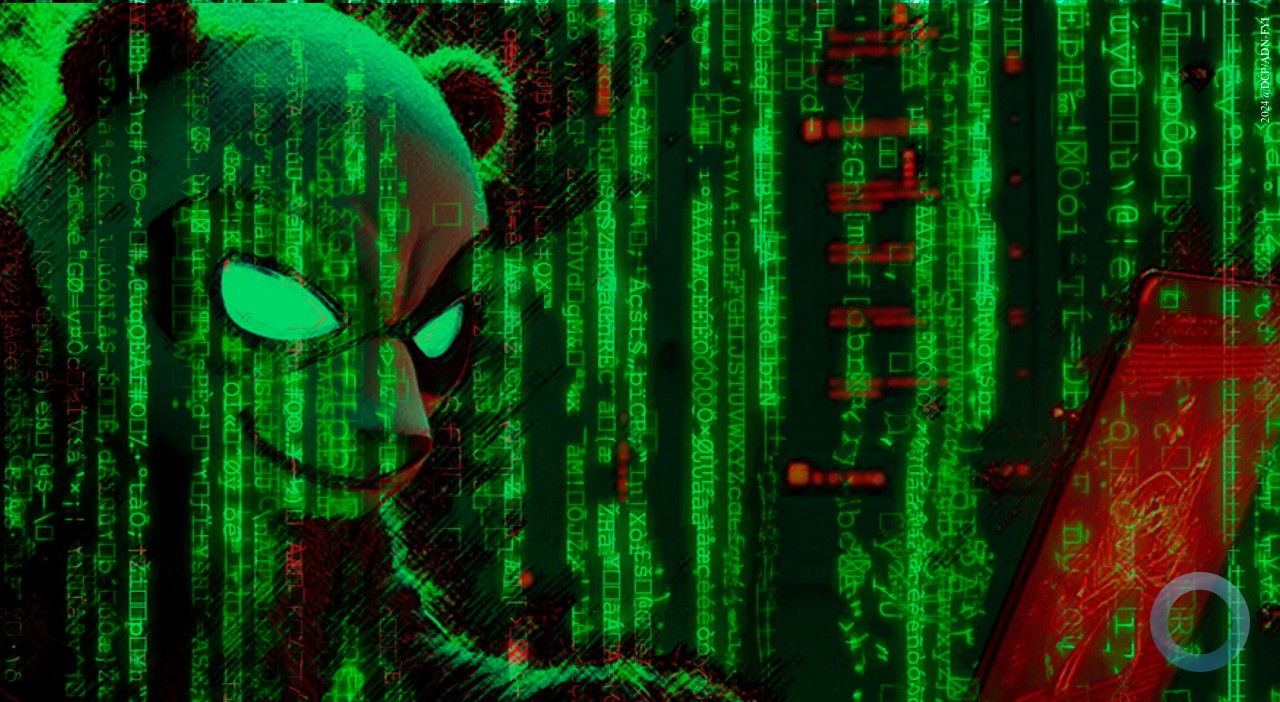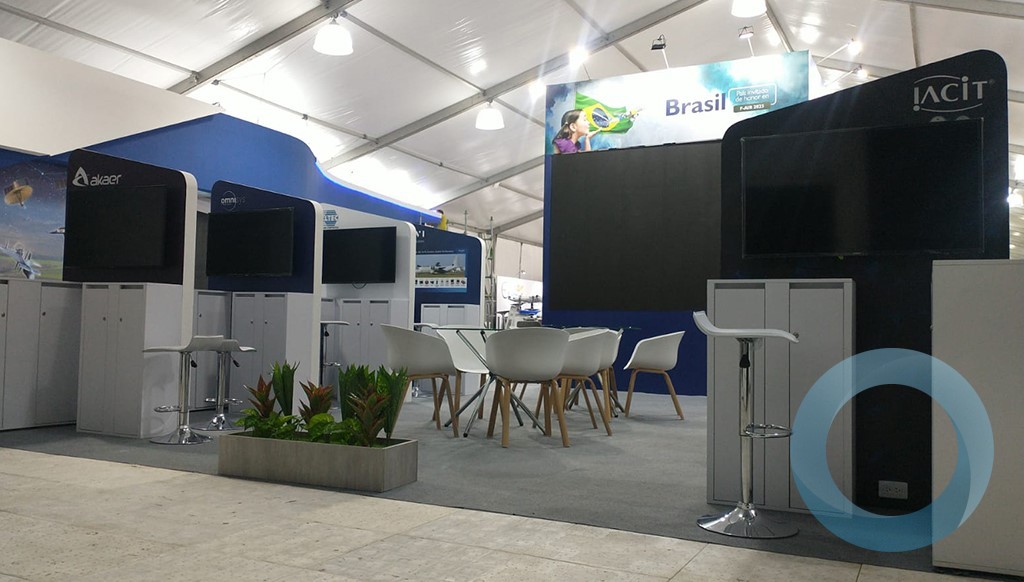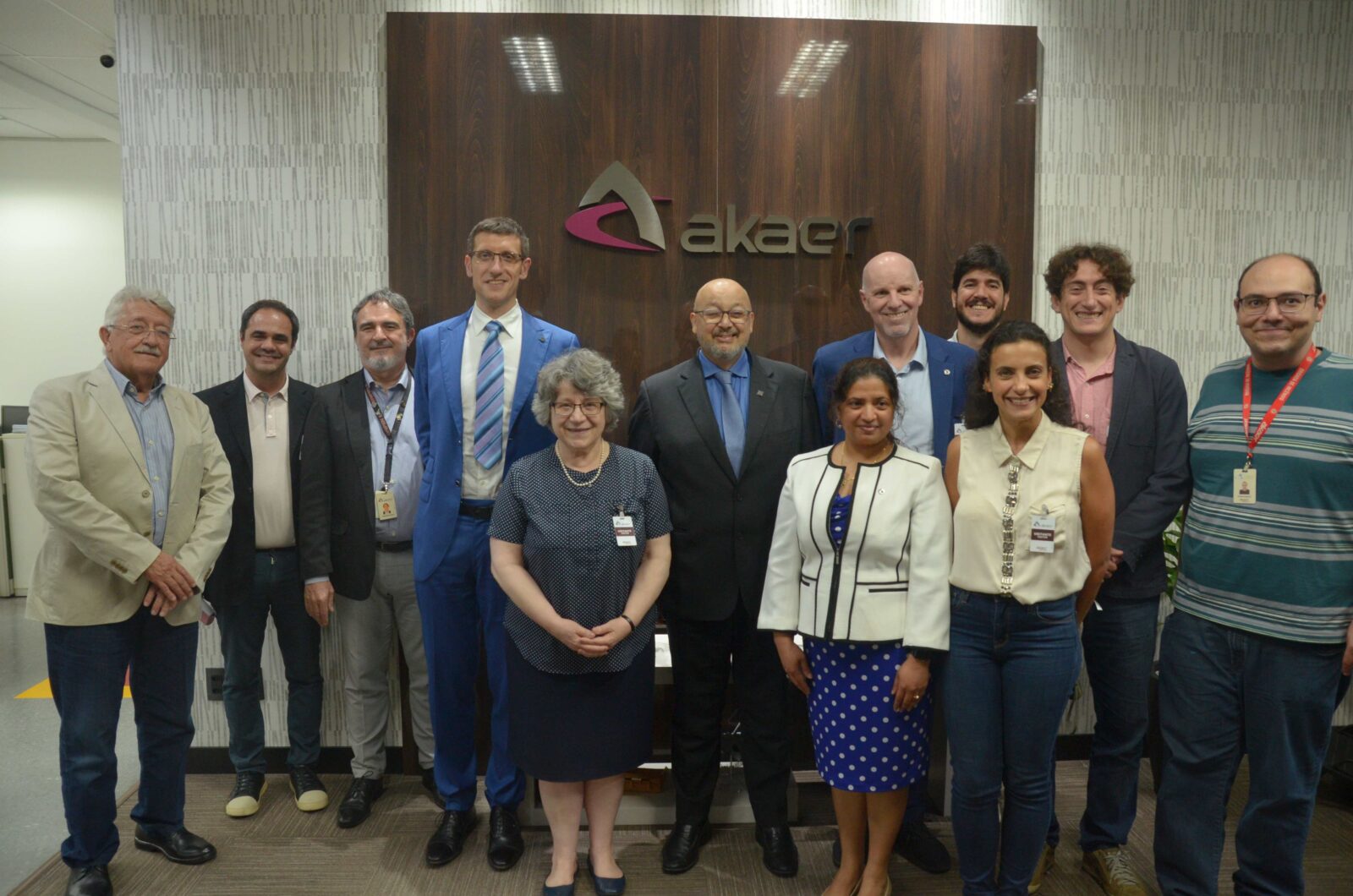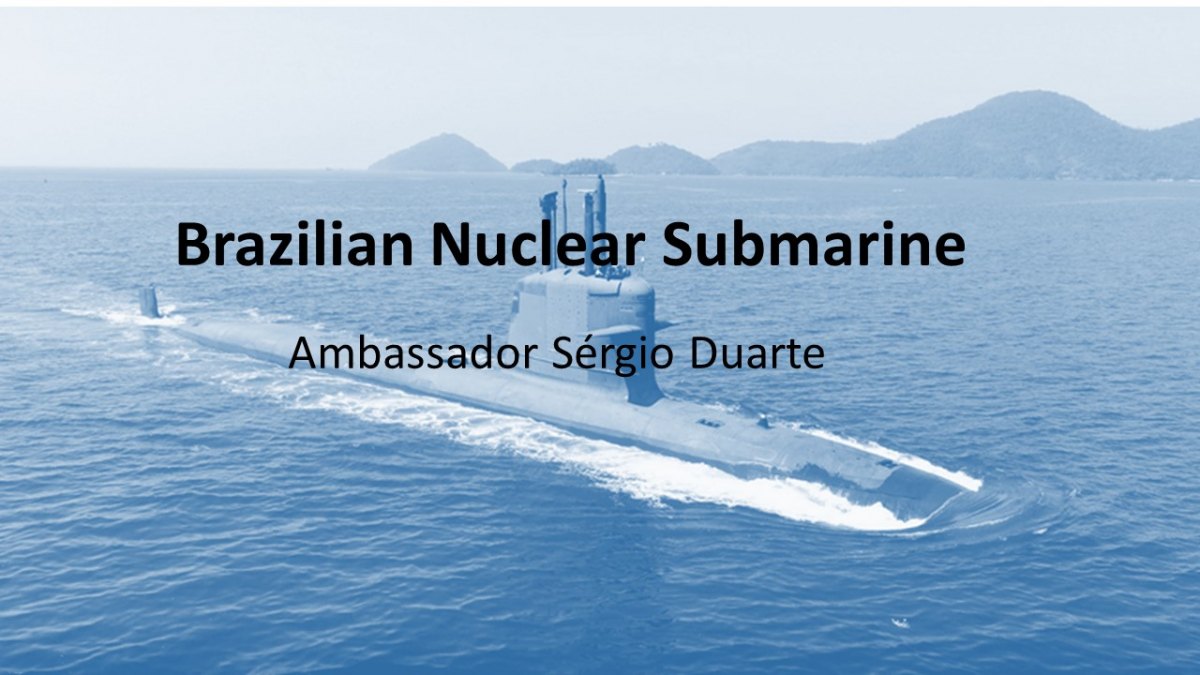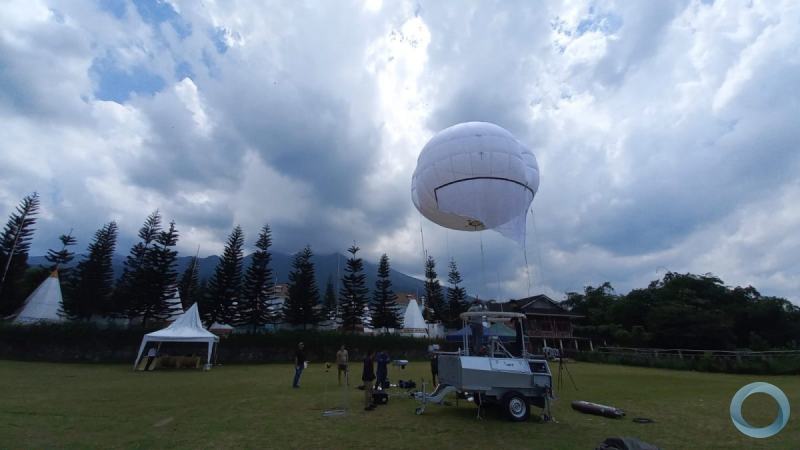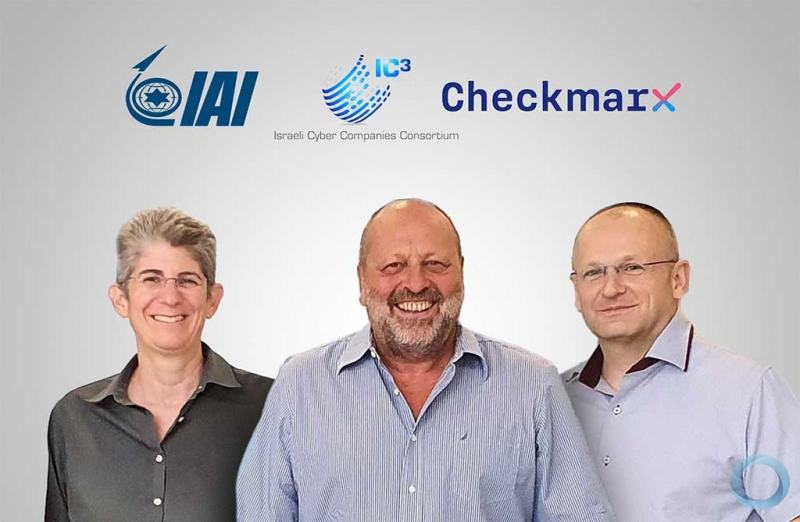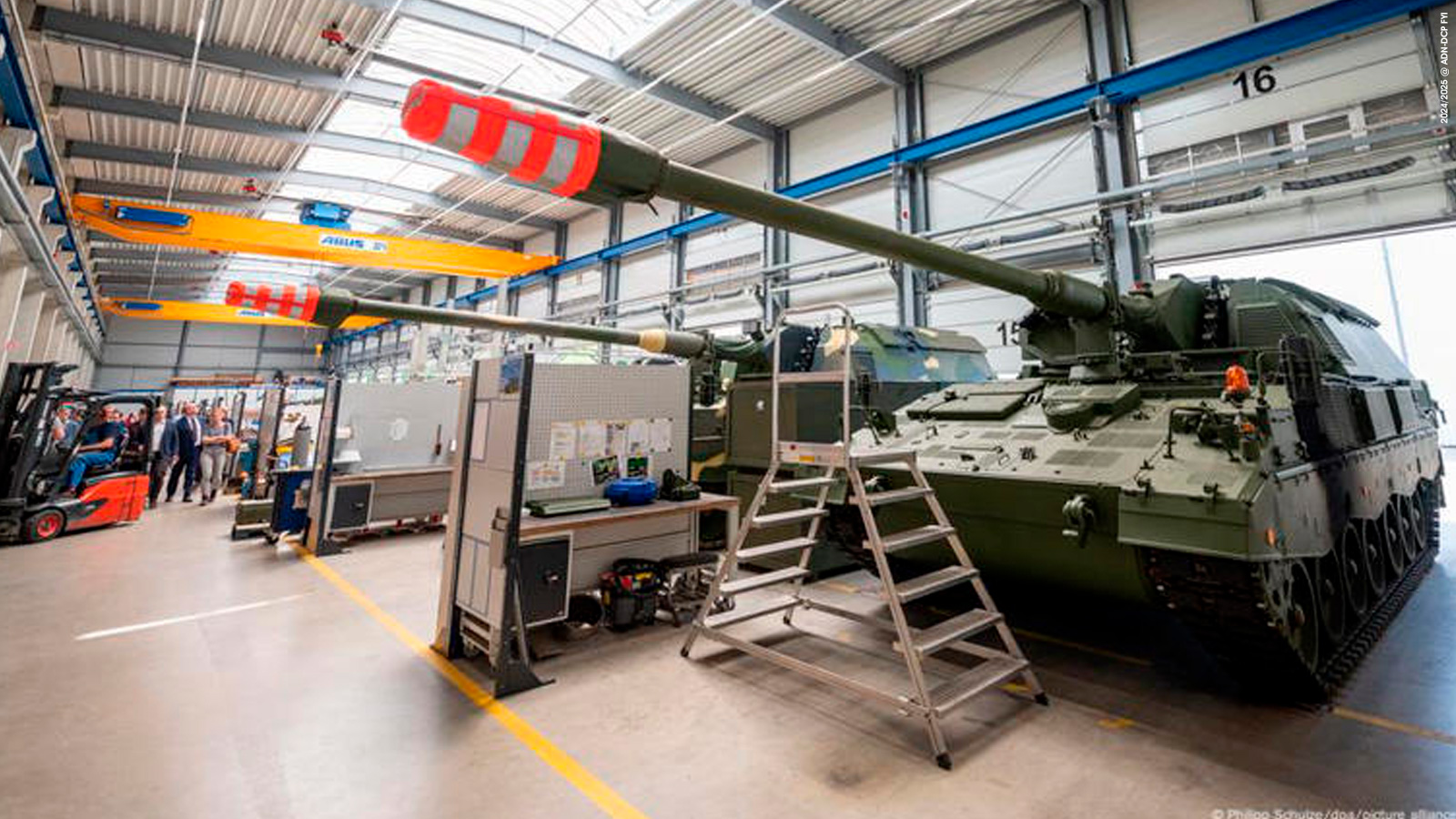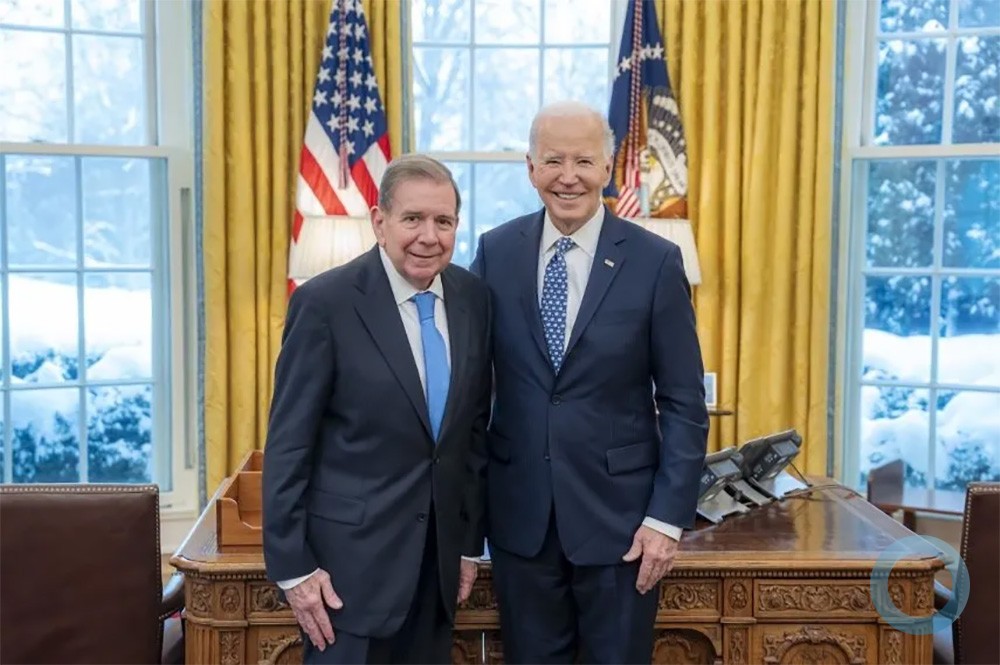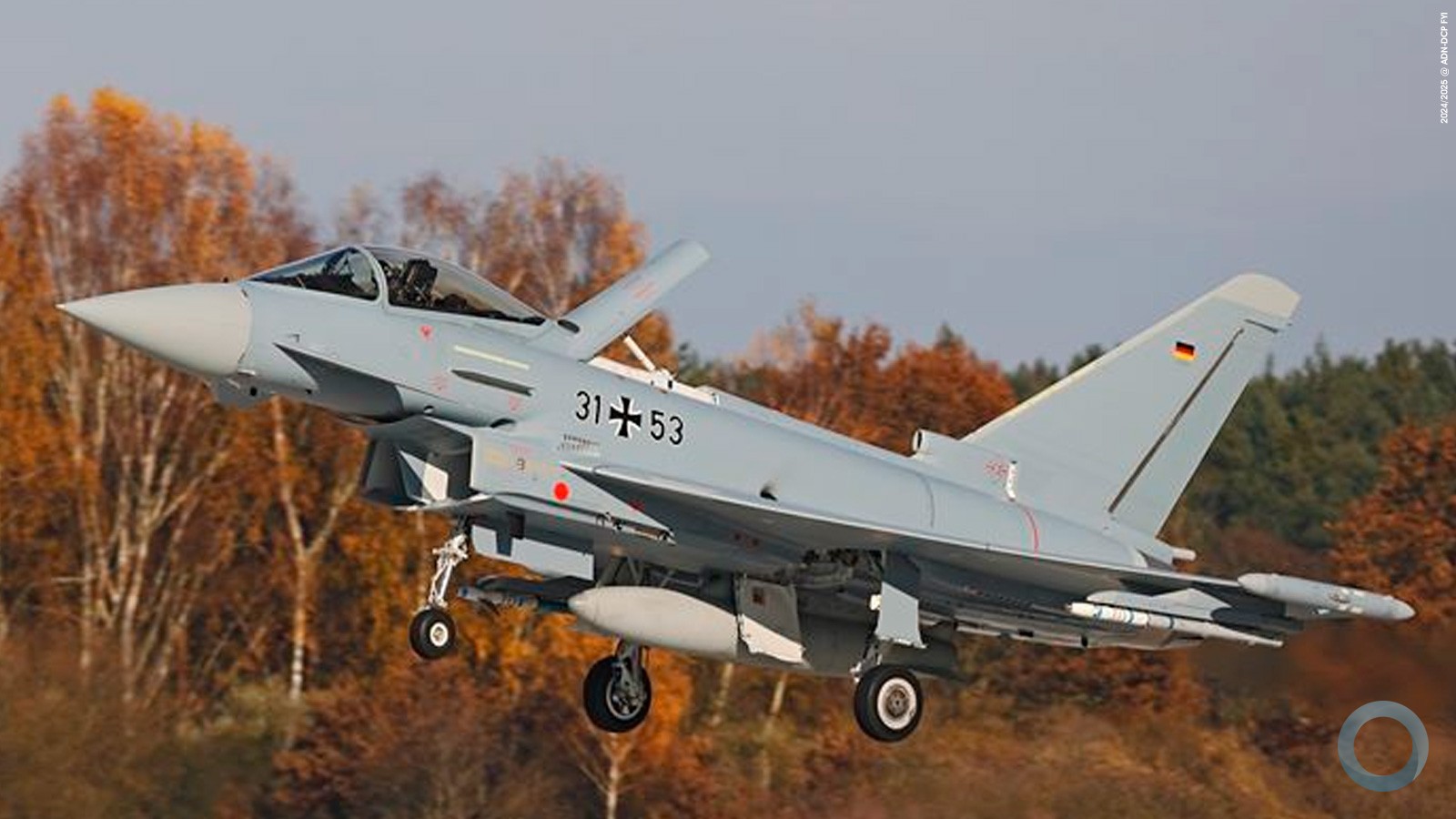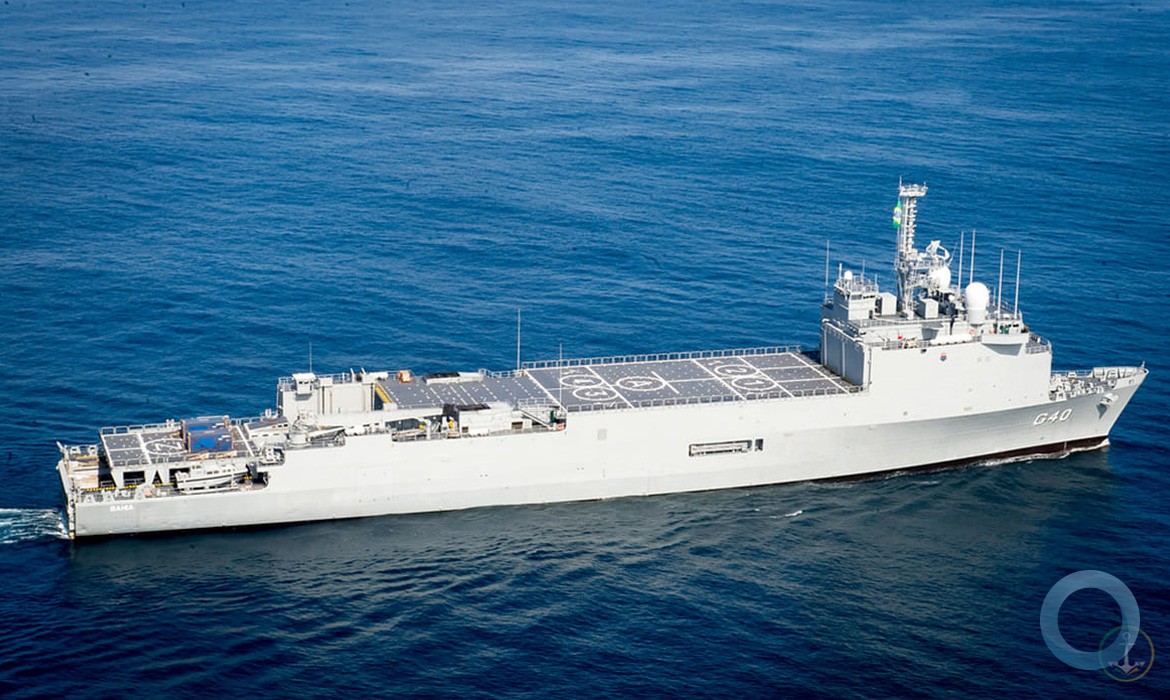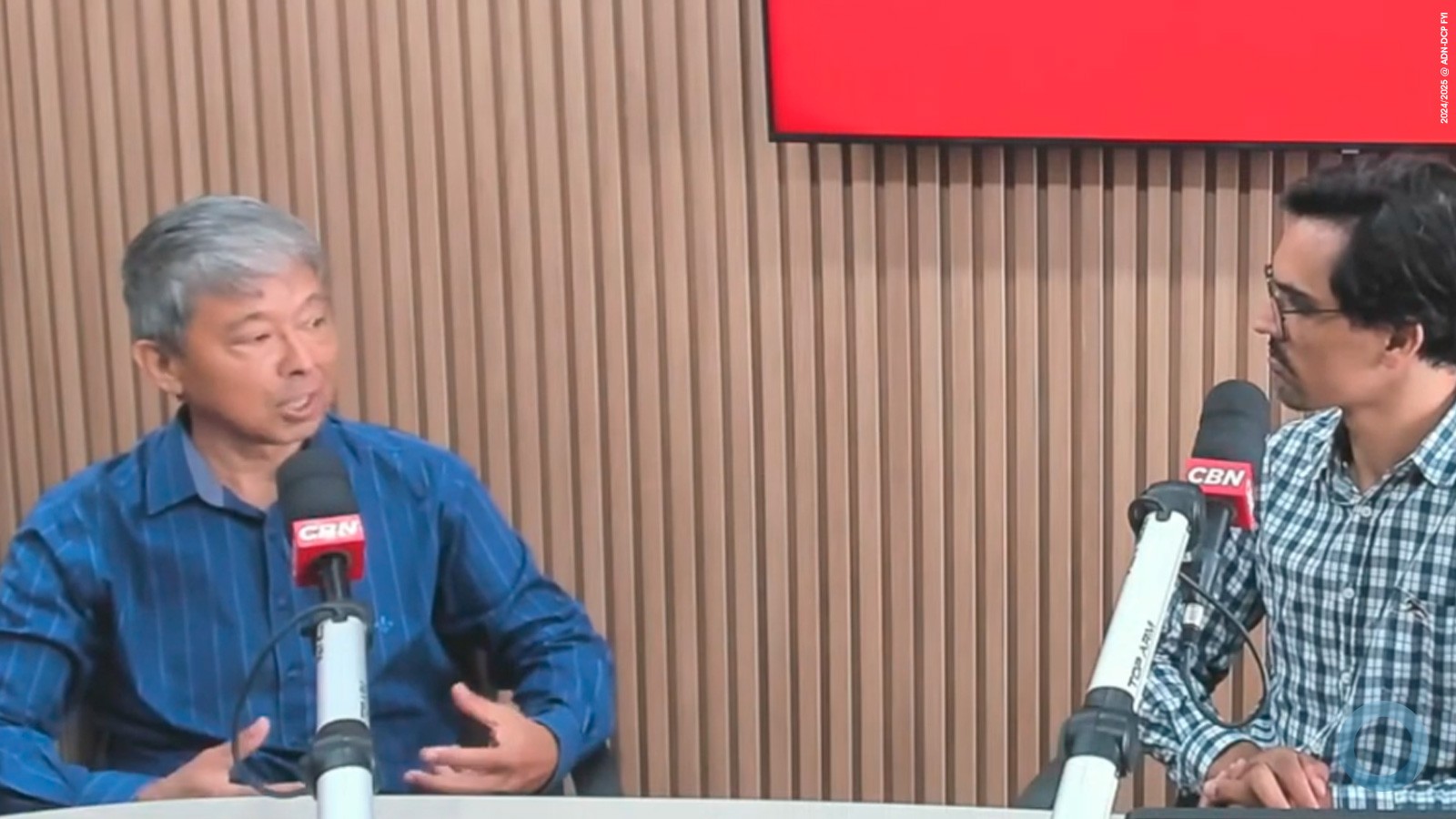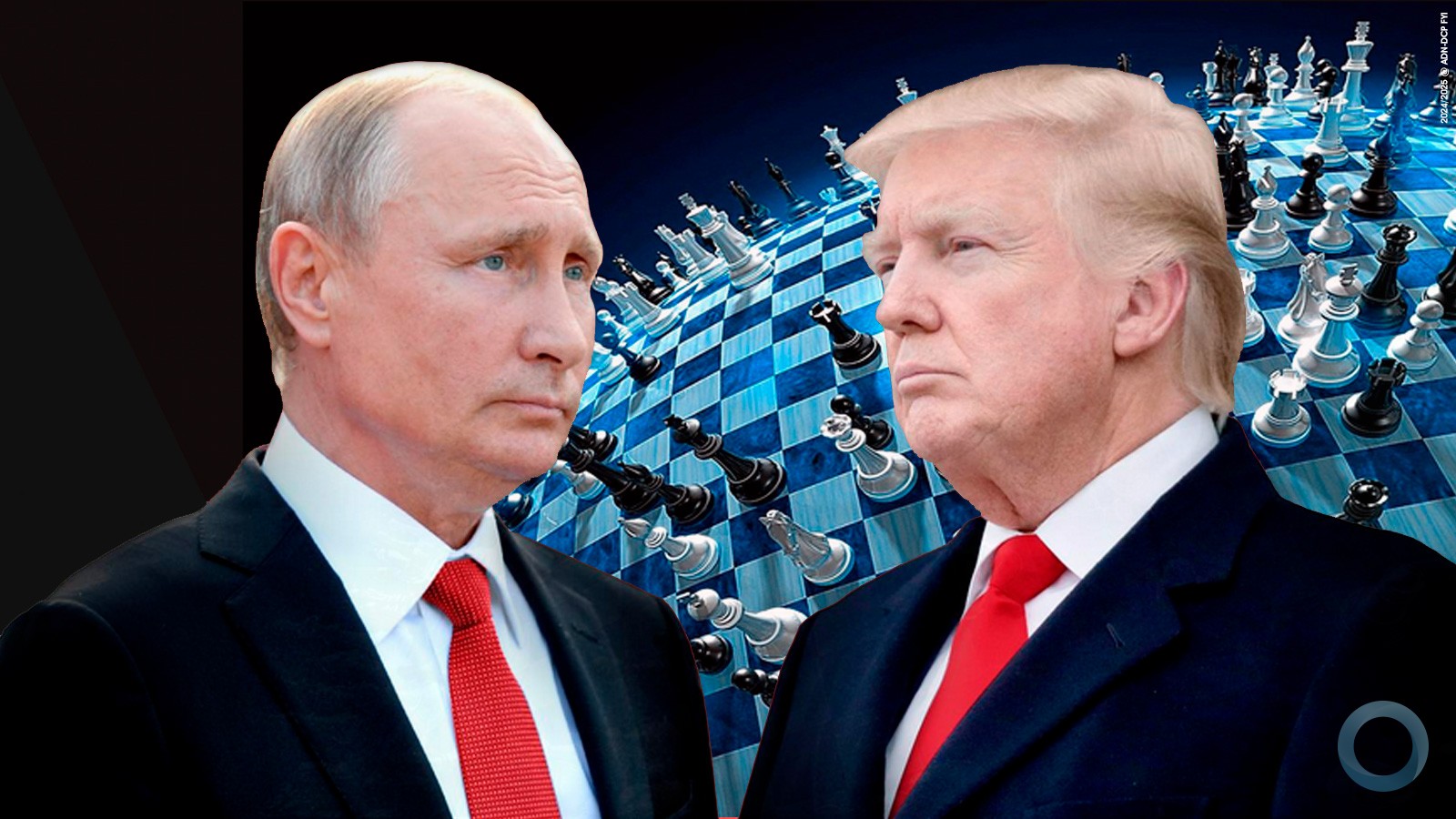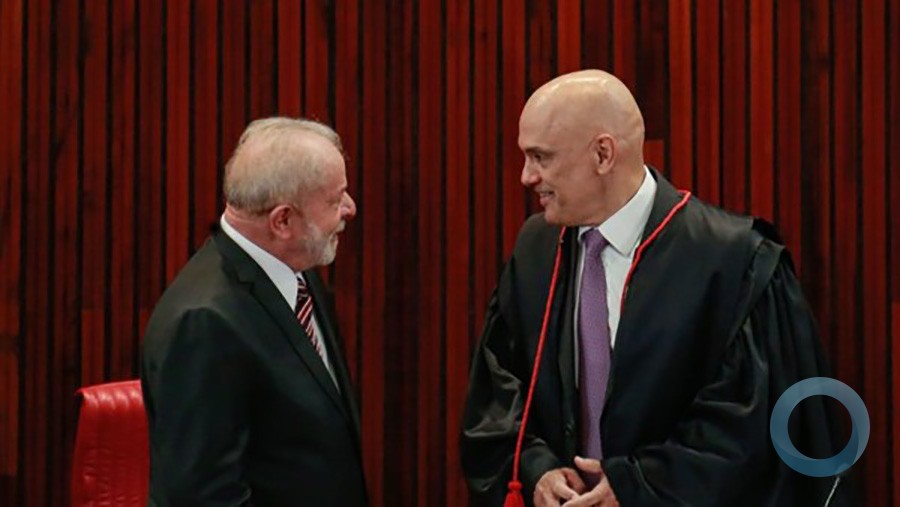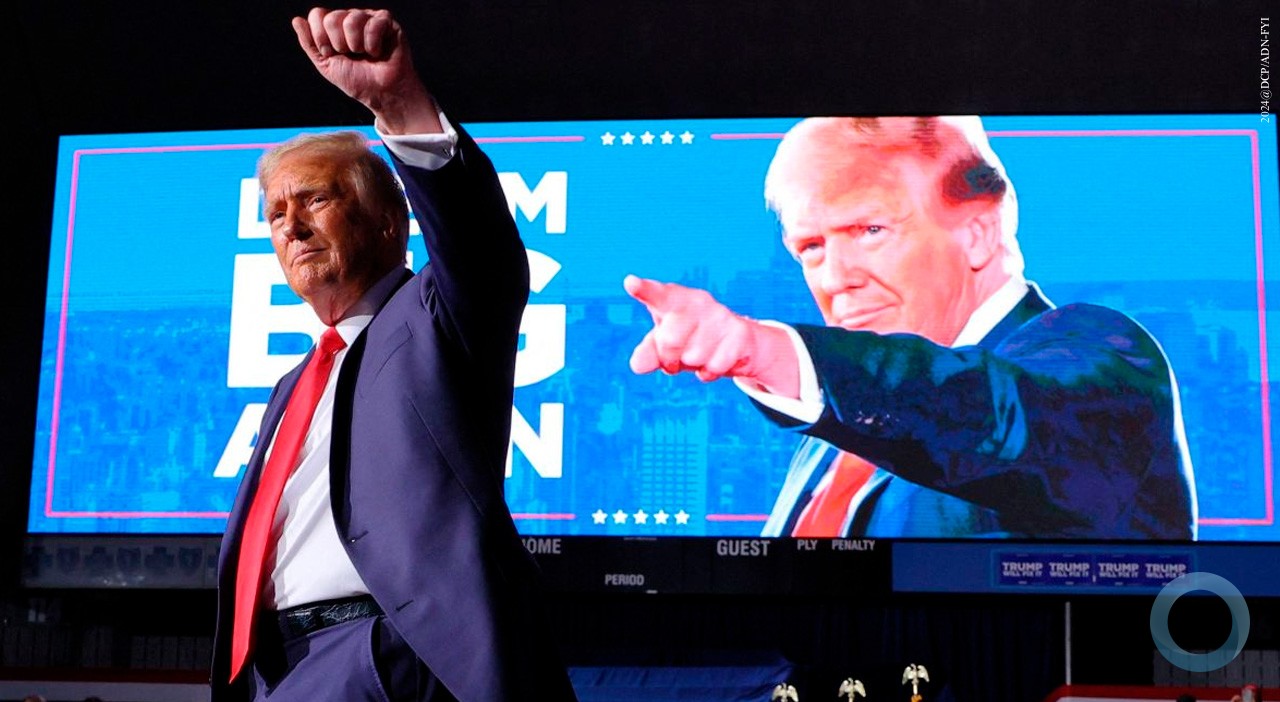Júlio Ottoboni
DefesaNet Special
In this exclusive interview for DefesaNet, Júlio Robinson Belli, consultant and owner of Budson Comercio Exterior – one of the most important and most active logistics and industrial exports company – shares his concerns regarding how the Brazilian government has been managing the defense industry, and the negative impact on our domestic crisis.
Belli has been on the imports/exports area for over 20 years and is one of the owner of Budson. The company is constantly expanding its activities on international cargo management, transportation and custom-house services.
Besides its operations with national industry, the company also conducts investment and industrial plant transfers to Brazil. Budson was responsible for bringing several factories to the country, many of them belonging to aeronautics, space and defense companies.
DefesaNet – You are directly involved in bringing aeronautics and space companies to Brazil, among other projects. In your opinion, how is the aerospace sector, compared to other industry branches?
Júlio Belli : Yes, we do work with many different branches. As for the aeronautics sector, it is expanding right now and will continue to grow within the next five years, due to new projects becoming reality, as well the increase Brazilian and international fleets, and also many multinational companies setting up shop in Brazil to provide maintenance services for the national aircrafts, as well as those from neighboring nations in Latin-America.
DefesaNet – What are your greatest concerns regarding the coming and going of investments in Brazil?
JB: My greatest concern is Brazil’s political instability. Our nation definitely needs a more efficient and qualified administration, regardless of political parties. We need leadership that cares about BRAZIL and its people. We don’t deserve to be globally embarrassed with corruption scandals, and the worst part is we are at the mercy of these politicians that couldn’t care less about the people’s basic needs.
Nowadays, it’s all a matter of personal interests and benefits. Every politician under the media eye is just waiting to see the other one fall and collect the profits. The country is paying that bill with unemployment, poor health care and general lack of investment.
And as for the Brazilian businessmen, we carry that negative brand with us into international negotiations. Other parties are conscious of making business with us because our reputation out there is not that good.
Brazil is the largest country in the southern hemisphere. A little more political commitment could turn us into a great power. Our people are hard-workers, and our entrepreneurs are heavily pressured and have almost no recognition for their efforts.
Our country has always been an attractive showcase for investors of many different sectors, but now we need to find our way, otherwise we won’t be able to appeal to the international market anymore. We will depend solely on domestic orders, and that would be terribly alienating, as well as a major step back.
DefesaNet – The Brazilian government has launched the Logistics Incentive Program. To what extent does this help in this moment of crisis?
JB : I’ve read about the program. I think it could attract international investors. In this global age, logistics and transportation are fundamental for business success. We already have quotation requests for the transfer of machinery from Europe to furnish the rail industry here in Brazil. Now, the government must really take this program seriously, because it could bring tremendous benefits for many cities and estates.
DefesaNet – You visit many nations in search for investors. Which countries are most interested in Brazil, and what areas are they plan to focus on?
JB: Between 2007 and 2012, we transferred many production lines from the United States and Europe to Brazil. In 2014 I’ve attended several meetings with European businessmen, groups interested to invest in Brazil. I went as Brazilian representative to an event in Italy hosted for over 150 industry players from all areas, such as construction, Eolic energy, pavement, industrial machinery, cosmetics, fashion, and so on. However, possibilities became very limited due to the current economic crisis. Participation in future events has been canceled because of the instability, and investors who wanted to apply resources here are now focusing on other nations.
This year, some of Budson’s clients transferred their factories to other countries. On the other hand one of our clients, a Spanish group that has been in Brazil for a few years now, began the construction of a new factory and is also purchasing automotive production facilities here. For me, that’s a positive turn, but it’s still not enough.
The US and Russia want to put money in Brazil, there are negotiations with our government, since those are two great powers, and the presence of one of them at a market usually makes it difficult for the other to set shop.
But the way I see it, the United States have better chances in Brazil. They already have many factories in our territory, and the rise of the aeronautics sector is opening doors for American suppliers.
DefesaNet – Is our current political crisis having more impact in the investors’ eyes then economic issues? How do your clients behave in face of Brazil’s current scenario?
JB: At the moment, both our political and economic images are damaged. Our greatest company, Petrobras, a netional gem, was a critical blow to our reputation abroad. Politicians embedded their corruption scheme into an Estate-run company, which affected stock markets globally – that means interfering with the finances of many people, it’s a crime.
Petrobras’ shares dropped not because of the oil market, but due to billions worth embezzlements. When a company cheats and manipulates its reports and numbers, it’s the same as you bank account statement showing you have millions, but, in fact, your account is empty. How would you feel about that? How can the American law system remain silent when many citizens were financially manipulated while believing in our company’s actions and integrity? International pension funds lost fortunes – actually, the criminal organization in our government cashed out those billions.
The general feeling is clearly of disappointment with Brazil. But our people are brave, we want and we need to work. Traders, businessmen and executives are reinventing themselves, and in no way accept the current situation.
There is a silver lining in all this, like a flower that grown and blooms among the rocks. The Brazilian people now has a new political awareness, plus the yearn for change. Never before so many comments and opinions have been shared in social media, for instance. The people is showing their points of view and protesting.
DefesaNet – Do you think Brazil will forever be a commodities supplier, or can we regain our industrial capability?
JB : We must regain that capability. The industry sector reinventing itself is not enough, the government must do its part. Exports must be seen as an expansion of our economy, not a burden due to devaluation of our currency. We must overcome challenges with capability and productivity. Despite fluctuations in the business cycle, we must remain competitive both in terms of industrial production as well as commodities. The government must do its part and put our Real back on track.
DefesaNet – What is your perspective on Brazil’s current situation and the aeronautics, space and defense sectors? Is it really as easy to set foot and invest here as our administration claims to be?
JB : Our circumstances right now are volatile. Brazil has virtually no Administration, and no one will invest in a nation with no direction. An example is the gap between the American Dollar and our Real, the US currency varies wildly from when the stock markets open until they close.
Our government knows that the aerospace market is aimed mainly towards international contracts. Production for the domestic market is too small, therefore, the big sales and the big revenue comes along with interntional costumers. That’s why it’s so easy to invest in this particular area – it depends very little on the domestic market.
When it comes to the defense area, there’s no investment on national production, no interest in updating the policies and procedures of our Ministry of Defense. The way out will always be scrapping the same equipment over and over. There is strong evidence that this is a planned dismantling.
The defense sector is essential for a country. The people need protection, it should be one of the most generous budgets and have more investors, since this sector is responsible for assuring national sovereignity, security and order. At the moment, it’s hanging on a cliff, with no sight of tomorrow.
In the past, Budson provided services to a part-private, part-public defense industry where de government was the main shareholder. The company in case is well renowned globally, but, unfortunately, there’s no investment policy, on the contrary – equipment are constantly scrapped, there are endless bureaucratic setbacks, budget cuts, and so on. That means the Administration, which owns the company, does all it can to ruin its competitiveness.
We couldn’t take the company’s orders due to lack of production capacity. And all the while the government kept preaching that our Armed Forces are a priority, but there was no defense items production for either the domestic or international markets because there was no budget.
Among the many situations I’ve witnessed, what happened with this particular company shows the dismantling process I mentioned earlier. This customer has always been the center of attention, a national jewel, and I was proud of working with them. For years we fulfilled many exports contracts with an American defense company. The equipment we delivered was then sold to the US Military, as well as other institutions – it was a good product, well-known for its precision, sturdiness and quality.
Now it is painfully clear that a factory that could have become a national icon of product-development expertise and could be shining in the global market is now forgotten and bordering on bankruptcy. Can somebody please explain that?






